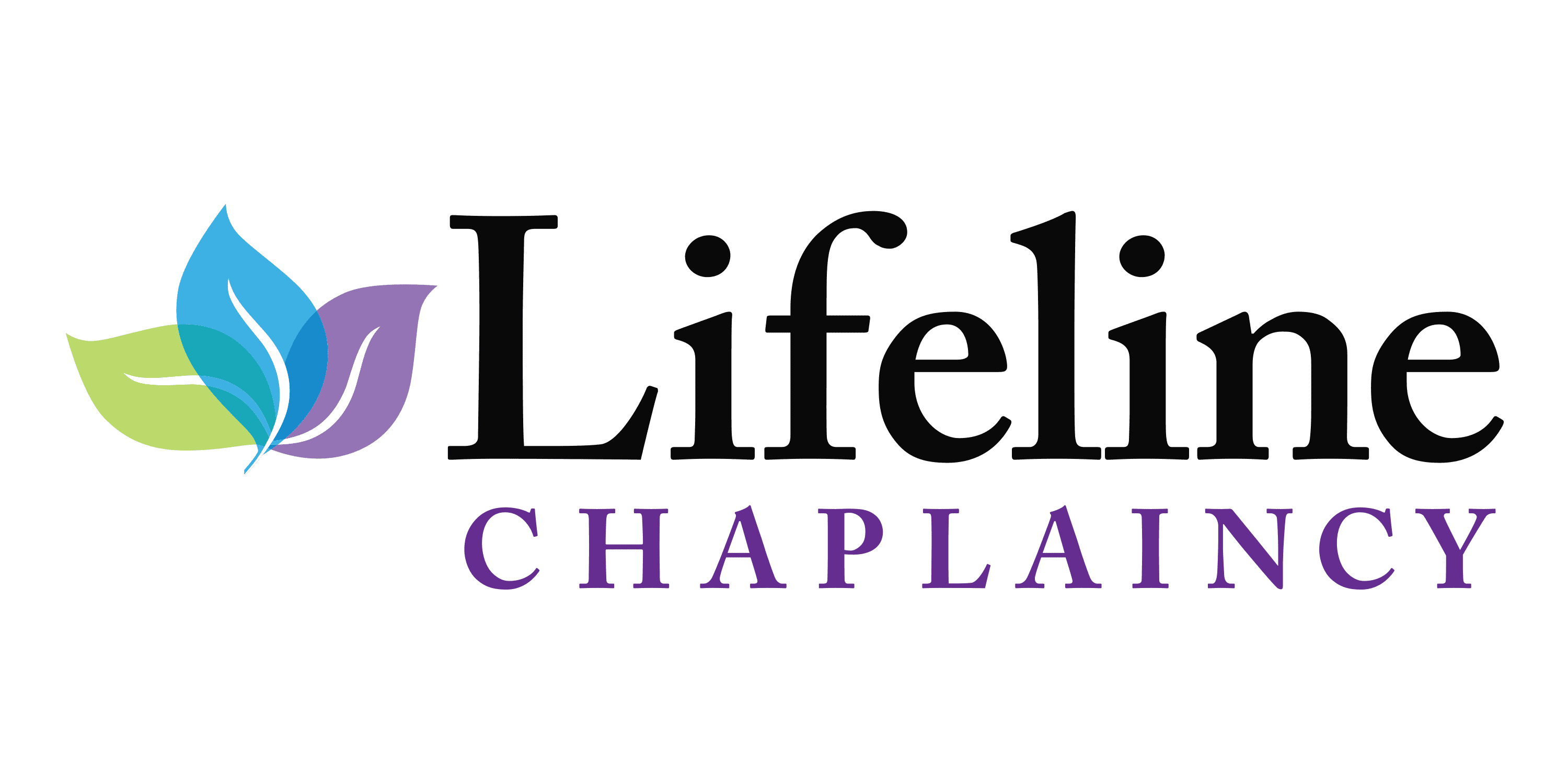By Tom Nuckels, Director of Spiritual Care, Central Texas
In Austin and Round Rock, Lifeline volunteer chaplains serve two LTAC (Long-Term Acute Care) hospitals. In these two facilities, Lifeline provides spiritual care to the entire patient population. These patients are the sickest of the sick and are placed here when other hospitals have exhausted their resources to supply the skilled nursing care needed for these patients. As a result of their illnesses, patients have extended stays which can stretch out over many weeks and months. As you can imagine, such a life event can take its toll on both patients and caregivers, psychologically, spiritually, and emotionally.
I make my rounds weekly at one of these hospitals and my habit is to check in with those who work in case management. These folks constantly work to ensure the plan of care for the patient and are in tune to the well-being of the patient and family system. I also attempt to contact the nursing supervisor who oversees care of all the patients. I do this before beginning my rounds immediately upon arrival to the floor.
On this particular day, I greeted the supervisor with a smile as I called her name. She held up her hand as she sped by, saying “not now, chaplain, I’ll speak with you in a minute.” I could tell that she was in crisis mode attending to an emergent situation as she secured some medical equipment and rushed from one room to another. I decided to continue to the ICU where a staff member directed me to the needs of a hospice patient. After I had made the visit and prayed with the patient, I noticed the supervisor outside the door. She greeted me, apologizing for her abrupt behavior and we walked down the hall together.
She began to recite how difficult her week had been and poured out her heart about losing patients for whom she had been caring over the course of months. Our conversation lasted for about twenty minutes as I mostly listened as she spoke of nursing shortages, long hours, and attending patient deaths. Then, a call for another floor, another emergent situation, and she was off to give aid to another patient. But not before turning to me and saying, “Thank you. Thank you for being here and for listening to me.” “Anytime,” I said, “God bless your day!”
As she hurried down the hall, I was again reminded of the value of our ministry. Everyone in the hospital is in need of care—patients, of course, but also families who support and hold vigil over their loved ones, but also the vital connections with nurses and staff who daily provide routine as well as emergent care that can be so emotionally draining at times.
Thank you for allowing me and others in Lifeline the privilege of this ministry. It is both a joy and a blessing to provide support to patients and families and those on the front lines of care.
